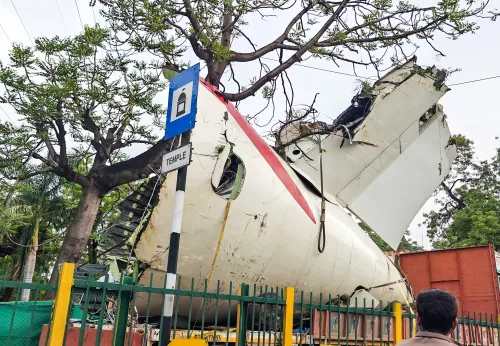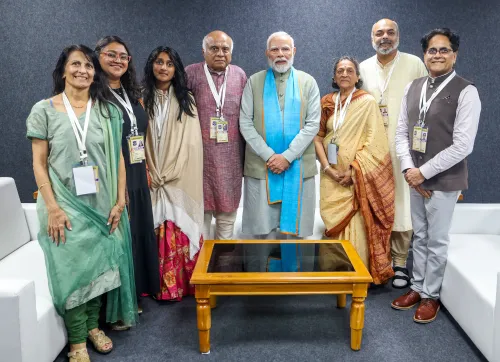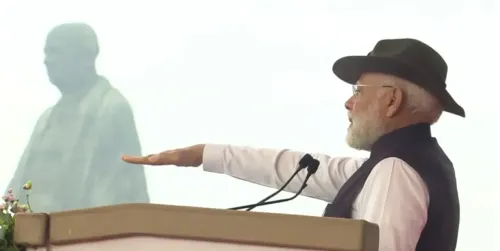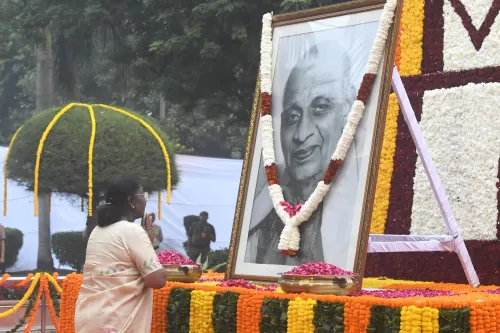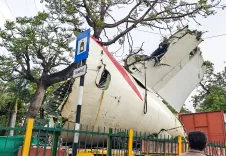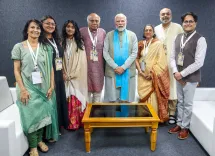Will Justice S.M. Subramaniam Recuse Himself from the TN Appeal Against Madras Race Club?
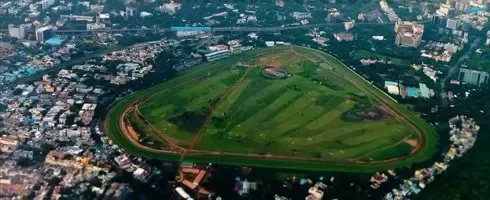
Synopsis
Key Takeaways
- Justice S.M. Subramaniam remains on the case, emphasizing judicial independence.
- The Tamil Nadu government is appealing against a status quo order regarding land possession.
- This case has broader implications for public infrastructure development.
- The judge stated that recusal requests must be justified and not based on mere suspicion.
- The ongoing proceedings aim to balance public good with legal rights.
Chennai, Oct 28 (NationPress) The Madras High Court judge Justice S.M. Subramaniam has opted not to withdraw from adjudicating a Tamil Nadu government appeal concerning the Madras Race Club (MRC), despite claims that he had previously issued unfavorable rulings against the club and had represented cases opposing it during his legal career.
While presiding over a Division Bench with Justice Mohammed Shaffiq, Justice Subramaniam remarked, “A judge may choose to recuse himself from a case assigned to him by the Chief Justice. However, recusal upon request from a litigating party, without justification, should not be entertained.”
The Tamil Nadu government has appealed against an interim status quo order issued by Justice K. Kumaresh Babu on July 4, 2025.
This order had previously prohibited the government from interfering with the club’s control over more than 140 acres of prime land in Guindy.
Although Justice Babu had reserved judgment on the MRC’s plea on August 18, the State decided to appeal in order to expedite infrastructure improvements for four ponds located on the property before the northeast monsoon arrives.
Senior counsel P. Wilson, representing the State, emphasized that their intention was solely to conduct public infrastructure projects and not to disturb the club’s possession beyond the bounds of the earlier ruling.
Conversely, senior counsel P.H. Arvindh Pandian, supported by advocate Vaibhav R. Venkatesh, urged Justice Subramaniam to recuse himself, contending that in 2023, the judge had ordered the government to evict the club for failing to pay revised rent demanded by the State.
Pandian noted that this prior ruling serves as the foundation of the ongoing eviction proceedings.
He further argued that Justice Subramaniam had represented parties against MRC in two civil cases during his time as an attorney, creating a “real apprehension” of bias.
Justice Subramaniam dismissed these claims, asserting that recusal cannot be demanded based on “unfounded suspicion.”
He stated: “Not every suspicion held by a party that a judge is biased warrants recusal. If every comment from a judge is seen as indicative of prejudice, most judges would be unable to meet the rigorous standards.”
He affirmed that the decision to continue hearing the case was “entirely mine,” and that his colleague on the Bench agreed with this stance.
The Bench accepted the government's appeal, issued a notice to MRC returnable in four weeks, and adjusted the status quo order to allow the State to proceed with the strengthening of the ponds and other environmental initiatives on the Guindy property.
Highlighting that such projects benefit the public, the judges noted that the modification was intended “to ensure the continuation of works that are advantageous to the community without infringing on the rights of the parties pending adjudication.”

